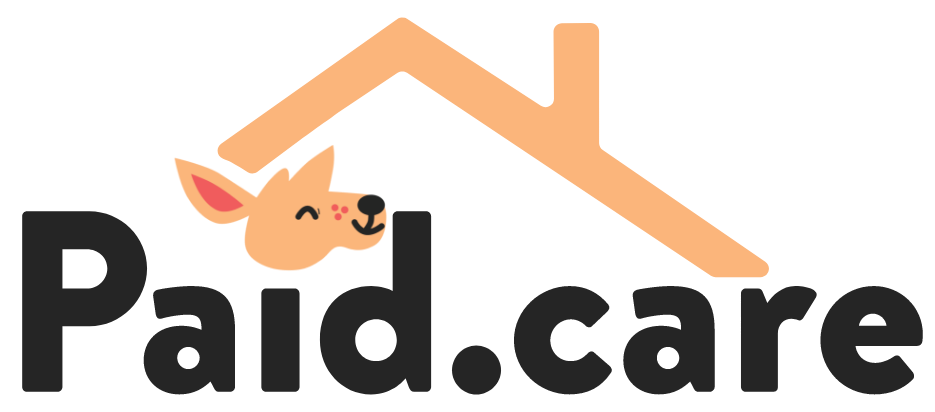Can a Nursing Home Take Your House? Here's How to Protect Your Assets
The high cost of long-term care can be a significant worry for families, raising concerns about how to pay for nursing homes and protect assets from nursing home costs. While the idea of a nursing home taking your house may seem like a worst-case scenario, it's important to understand the legalities and explore strategies to safeguard your assets.
Understanding Medicaid Estate Recovery
The good news is that a nursing home or any long-term care provider cannot directly seize your home after a loved one passes away. However, for those who rely on Medicaid to cover nursing home expenses, there is a possibility of the state seeking reimbursement from the estate after death through the Medicaid Estate Recovery Program (MERP) (https://www.medicaid.gov/medicaid/eligibility/estate-recovery/index.html).
How MERP Works
Each state has its own MERP laws, but a common thread is that assets are never taken while the person receiving care is alive. Instead, the state can place a claim on the deceased person's estate after they die. This estate encompasses anything of value such as remaining bank accounts, investments, vehicles, and potentially, their home.
Here's a breakdown of the MERP process:
Reimbursement Request: States typically initiate the process by sending a letter to beneficiaries requesting repayment for the Medicaid-covered nursing home costs.
Asset Claim: The state will then file a claim on the deceased person's assets, aiming to recover the expenses.
Repayment Options: States have options on how to collect the debt, which may include withdrawing directly from cash reserves, collecting assets like a car and selling them, or placing a lien on property like a house, preventing its sale until the debt is settled.
Protecting Your Home: Strategies and Considerations
While MERP exists, there are steps you can take to protect assets from nursing home costs and potentially safeguard your home:
Sell or Transfer Assets: One option is to sell non-essential assets before applying for Medicaid. However, it's crucial to be aware of the five-year Medicaid look-back rule. This rule states that Medicaid will review financial records for the past five years to identify any asset transfers that might have been made to qualify for benefits sooner. Improper transfers could result in a penalty period where you'd be ineligible for Medicaid coverage. To learn more about preventing Medicaid from taking your Indiana home, you should consult with an Indiana Medicaid planning attorney. (https://www.careindiana.org/list18_indiana_elder_law_attorneys_lawyers_medicaid_advice.htm)
Create a Medicaid Asset Protection Trust (MAPT): This involves working with a lawyer to transfer your home and other assets into a Medicaid Asset Protection Trust (MAPT) before applying for Medicaid. The trust appoints a trustee, typically an adult child, who controls the assets within the trust. For a home placed in a MAPT, the Medicaid recipient can still access income from the home by renting it out. However, the value of the house itself wouldn't be counted towards the Medicaid recipient's total assets, potentially making them eligible for benefits.
Consider Home Care: Does medicare take your home? No, Medicare typically doesn't cover long-term care costs in nursing homes. However, it can provide coverage for short-term skilled nursing stays following a hospital admission.
Nursing homes are generally the most expensive care option, so it's worth exploring alternatives like in-home care when possible. The average cost of a nursing home can range from $7,908 to $9,034 per month, while in-home care typically falls between $4,957 and $5,148 monthly, offering significant savings.
How far back can a nursing home take your house? The answer is never while you are alive! By choosing in-home care and potentially saving money, you may be able to delay or even avoid needing Medicaid altogether, protecting your assets from nursing home costs entirely. of healthcare services.
Additional Options for Home Care
There are also government programs that can help with in-home care costs:
Medicaid Home and Community-Based Services (HCBS): These programs provide a variety of in-home and community-based care services to Medicaid recipients who would otherwise require nursing home care. (https://www.medicaid.gov/medicaid/home-community-based-services/index.html)
VA Home Based Primary Care: The Department of Veterans Affairs (VA) offers a program called Home Based Primary Care (HBPC) that provides in-home primary care services to veterans who meet eligibility criteria.
Additionally, family caregiver programs now exist in all states through both Medicaid and the VA to pay family or friend caregivers as an alternative to nursing homes. Check eligibility at Paid.care.
Sources: www.hawkinselderlaw.com/protect-home-from-medicaid/


